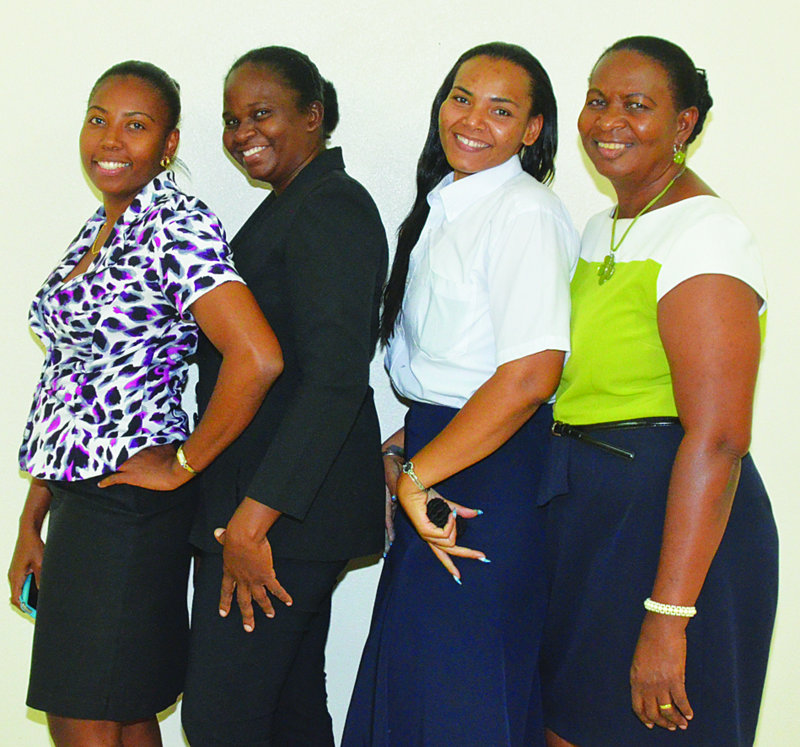 At OIS we believe in holistic nurturing of the entire being as we seek to shape impressionable minds into being critical thinkers and problem solving leaders of tomorrow. In so doing, we employ the written, taught and self –experienced curriculum for life-long learning emergence. This term we embraced the Social Studies unit on Communication; going beyond surface level knowledge acquisition to reflective application drawn from personal experiences.
At OIS we believe in holistic nurturing of the entire being as we seek to shape impressionable minds into being critical thinkers and problem solving leaders of tomorrow. In so doing, we employ the written, taught and self –experienced curriculum for life-long learning emergence. This term we embraced the Social Studies unit on Communication; going beyond surface level knowledge acquisition to reflective application drawn from personal experiences.
Social Constructivists implore us not to take for granted the ability to communicate. We wanted our students to experience life as non-verbal communicators with the aim of stimulating their sense of understanding and appreciation of those who live their daily lives solely dependent on alternate means of communication.
This ethnographical exploration of the life of non-verbal communicators began with an assimilation activity. Students assumed the role of a non-verbal communicator; deaf and hard-of-hearing, stuttering and having voice disorders for two hours. They wore name tags of the speech challenges they were depicting as they went through their regular school day activities. Homework assignments were presented; in class participation and discussion occurred; group work and presentations as well as the usual snack time interaction with school mates were all done non-verbally.
It was rewarding to see students immersing themselves into their character enthusiastically and those who were hesitant at the beginning became highly engaged towards the latter part of the session. The exercise was made even more intriguing as students knew they were been graded for the roles they played. On reflecting; the object of the activity was accomplished: extrinsically fostering our youths into curious, appreciative, tolerable and empathetic adults of tomorrow.
The exploration continued thereafter as students visited the Blossom and D.O.V.E Centers for differently able children with limited verbal skills. The objective for the visit was to help students experience realistically the depth of non-verbal communication in the lives of those who live it daily. Having experienced this challenge themselves due to the assimilation activity, students were able to intrinsically reflect, as they could identify in part with the students of both centers.
These are excerpts of what they wrote:
“I won the challenge and we had some fun. The children at the Blossom and the D.O.V.E centers communicate using pictures and other hand signs. Andre Vasconcelos
“It was a very interesting experience I learnt how non – verbal children felt while communicating. This experience taught me to be proud of who I am and to be appreciative of the spoken word and also to appreciate non – verbal children”. Peter Webster Wiggin
“This was awesome, although it was very hard. I could not even explain my homework properly to the class. But the good thing is, it worked out perfectly”. Natalya Welcome
“Now I know how hard it is to be a non-verbal communicator”. Xander Badadursingh
“It was quite difficult you see. We humans always tend to depend on our vocals to communicate, never even thinking about how we would say the correct words without it. When challenged to be a non -verbal person, I felt my eyes depending on persons when I meant to say certain things. I ended up drawing pictures and using objects. Thank God, persons were able to understand me. This day was great, we were all proud of our selves. Just think about those children at the Blossom and D.O.V.E center, most of them understand easily but aren’t able to speak. They have to use icons, gestures, hand signs and even behavioral patterns such as clapping and smiling to indicate when they are happy, ill or sad. Imagine how difficult it is for those children to share an important message to someone.” Rhonica Connor
Omololu International School firmly believes that every child is unique and full of potential and through its holistic program of academics, the arts, music, languages and sports; OIS aims to guide each child to achieve his or her personal best and grow into an open-minded, supportive, well-grounded global citizen. For more information see us at www.omololuschool.org, call 1-264-497-5430 or follow us on Facebook.
– Press Release
(Published without editing by the Anguillian newspaper.)








